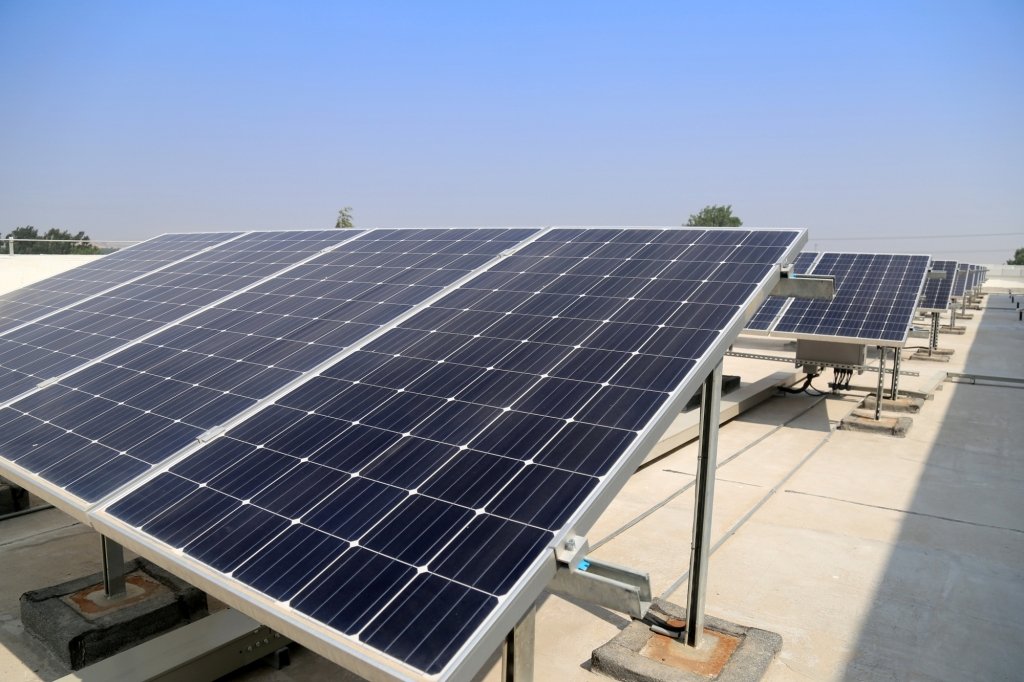Follow Us :
Mono Panels

Monocrystalline solar panels (or mono panels) are highly efficient photovoltaic devices derived from monocrystalline solar cells. Each solar cell comprises a singular crystal of silicon, meticulously cultivated for the sole intent of constructing solar panels. This process involves the precise growth of a silicon crystal in the form of a cylindrical ingot, resembling a sturdy log. Subsequently, these ingots are meticulously sliced into delicate, wafer-thin discs. This production technique ensures a remarkably uniform structure, resulting in enhanced energy conversion efficiency.
The inherent quality of monocrystalline solar panels arises from their single-crystal structure, as it permits the unobstructed movement of electrons, thus augmenting overall efficiency. The uniformity of crystal structure within these panels reduces electron recombination, minimizing energy loss. Additionally, the cylindrical ingot growth technique further bolsters the material’s integrity, enhancing its performance over time.
The aesthetic appeal of monocrystalline panels lies not only in their impressive efficiency but also in their sleek black appearance, making them a preferred choice for residential installations where visual harmony with the surroundings is paramount. Their efficiency and relatively smaller footprint make them ideal for rooftops with limited space, effectively harnessing solar energy without compromising on aesthetics.
As technology advances, researchers and engineers are continuously refining the production processes of monocrystalline solar panels, seeking to improve their efficiency, durability, and cost-effectiveness. This innovation extends to the development of more sustainable methods for crystal growth, reducing the environmental impact of manufacturing while ensuring a consistent supply of high-quality panels.
Our Services
Let’s Talk
Call us anytime.
